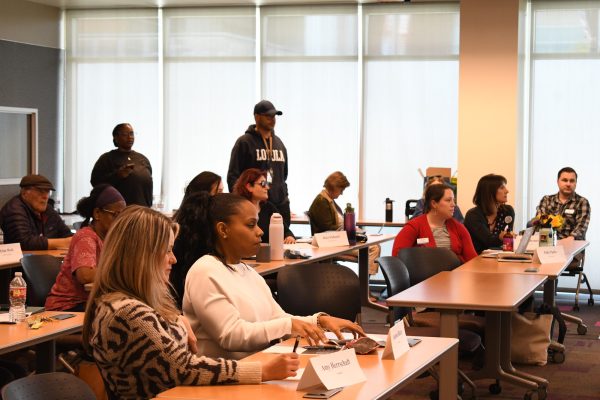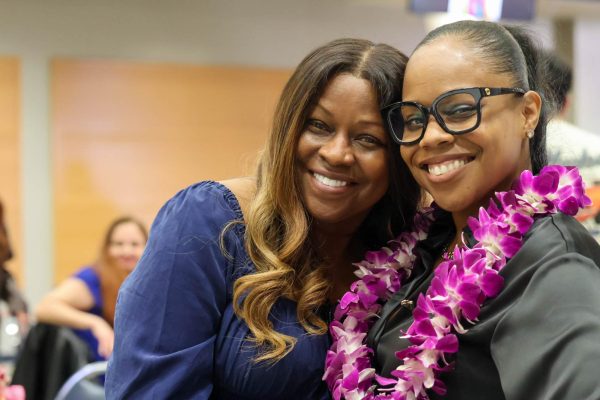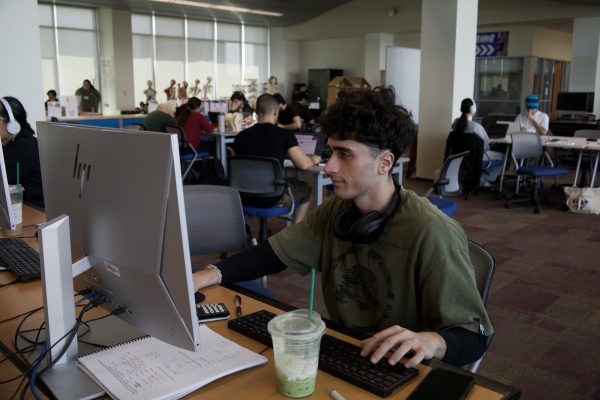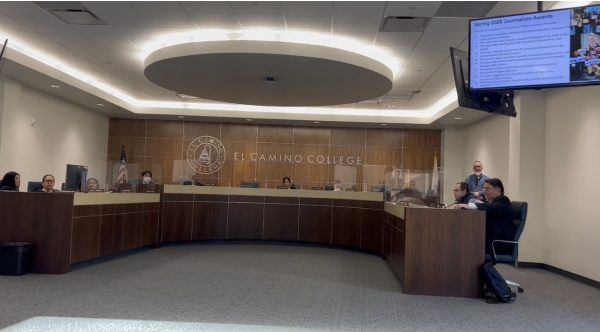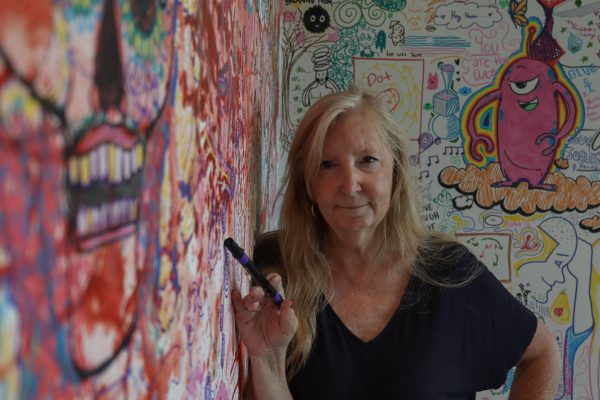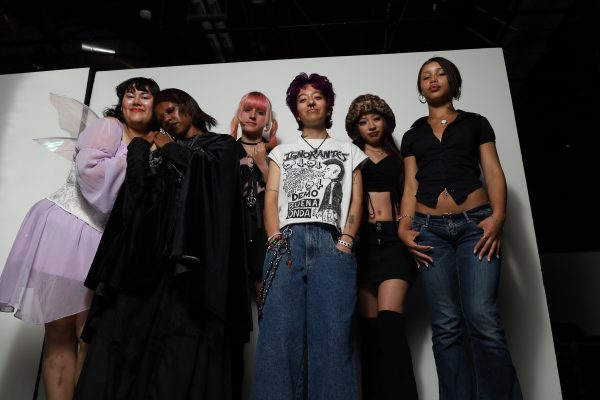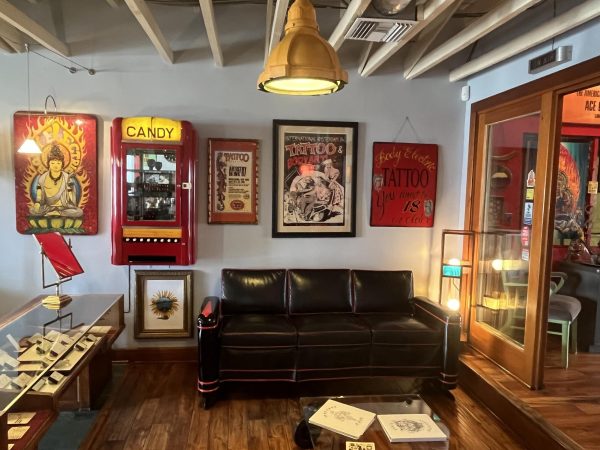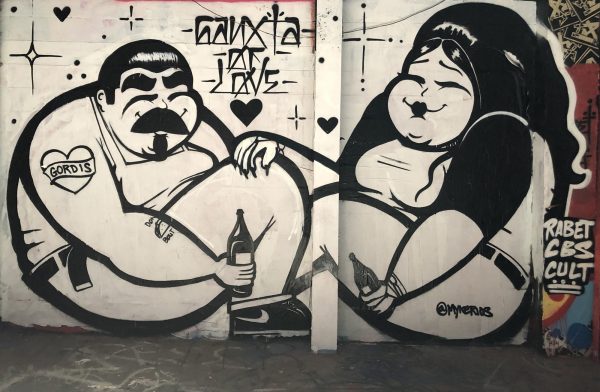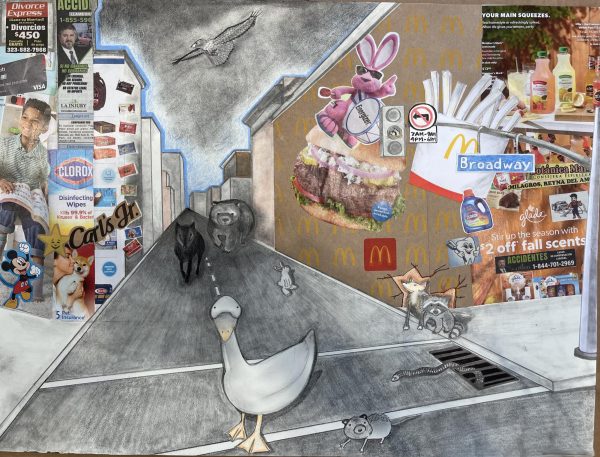Enlisted and conflicted
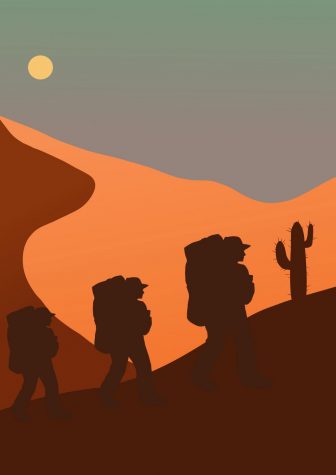
Jarhead. Devil Dog. Leatherneck. Professional warrior.
For years my life orbited the eagle, globe and anchor. But at the end of my enlistment, I couldn’t wait to go back home. To enroll in school. To get another job. To rejoin my circle of family and friends. To start a new life.
Despite my excitement, transitioning out of the Marine Corps was a bigger struggle than the 20 mile hikes my platoon would often go on. Initially, I was happy just to be able to sleep in but over time feelings of isolation began to creep up on me.
Besides the awkwardness that came over me when people would thank me for my service, I also felt a deep shame. With a lavish annual budget of $826 billion that goes to the Department of Defense, being a part of the military was hardly anything to be proud of considering that 1 in 4 American households face food insecurity.
Now that I was no longer training to fight the “enemies” of United States imperialism, the fight led inward. I hated the fact that I had spent years training how to fight and harm another human. I was a fighter outside of a ring. But inside of my head, inside of a ring, I was fighting myself.
In addition to trying to unscramble the internal struggles to my past, I had to face them everyday. Family members and friends treated me differently. My family no longer introduced me by my name, I was now the “marine.”
I didn’t want to be a devil dog, I just wanted to be me.
Despite my attempts to shake off what I used to be and trying to rebrand my identity, I felt haunted by the military. According to the VA’s National Suicide Prevention Annual Report released in 2018, 17.6 veterans die from suicide each day. The highest rate of suicide with veterans being in the first six years after they leave the military.
These staggering numbers followed me closely. In a country that glorifies the military, why were veterans committing suicide at an alarming rate? Was I destined for the same fate? We were trained as “professional warriors” but we weren’t trained to face and fight anything like this. The overwhelming feeling of an identity crisis made me feel isolated, misunderstood and lost.
Fighting to stay positive started to become difficult. One evening an old platoon mate called me, he reached out to express his struggles in his new life. We spoke for hours about the difficulties we’ve both been facing. This one moment of feeling understood between the two of us made me realize the importance of opening up.
Consequently the environment the military provided us made us feel like internal struggles are just that, things to be handled internally. In addition, talking about feelings and emotions among males is generally considered a taboo subject.
Phone call after phone call, I began connecting with other veterans I knew. Asking about how they were, sharing my own personal struggles. Despite living in different corners of the country, the simple action of starting the conversation of personal struggles made me feel closer to them than the times we’d be huddled in a foxhole.
Of course accepting moments of weakness wasn’t easy. Opening up to understand and be understood required a lot of introspection. But in dropping the wall of pride, accepting those moments helped me accept myself.
After the last year we’ve all lived through, reaching out to friends and family has never been more important to me. We are all fighting our silent little battles. While some of those battles can only be faced alone, the simple act of extending an arm of support can be the determining factor to a battle won.
Certainly, some battles can be harder than others, but I learned that these are the battles worth fighting for.
The days of being a professional warrior for the United States are now well behind. Ahead of me are the days of being a positivity warrior for myself and my fellow humans.
Although I have a better understanding of myself and who I am now. Everyday is still a training exercise to be grateful for the day to day experiences that come my way. The fight doesn’t stop now, but I don’t expect it to.
While reaching out can be hard, times are tough and mental health is important. The VA has developed several mental health apps that are free to the public and designed to be used by anyone. These apps are listed on the VA website under mental health.


